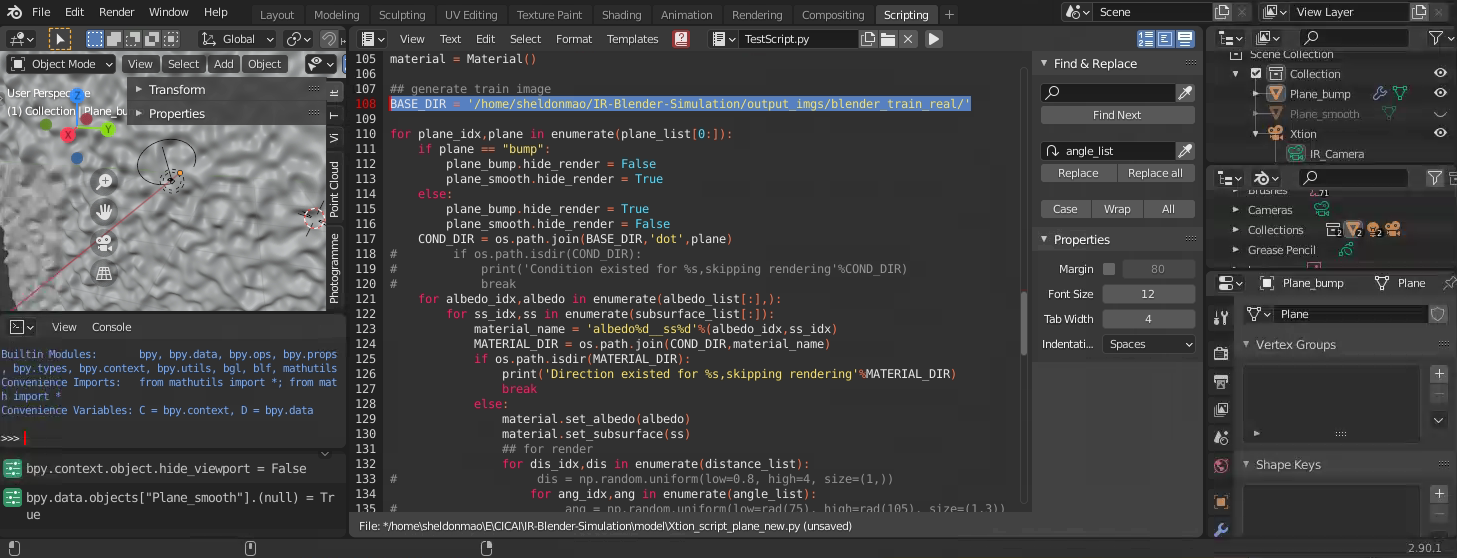This is the official repository for IEEE JSTSP paper "Surface Material Perception Through Multimodal Learning".
conda is recommended to install pytorch with cuda. The rest of used libraries is listed in requirements.txt. The code is tested on pytorch 1.10 with cuda 11.3.
conda install pytorch torchvision torchaudio cudatoolkit=11.3
pip install -r requirements.txt
Training script:
bash bash_train.sh
By running this training code, the testing is automatically perfromed and the result is saved in out_dir/test_cm by default. In addition, the PCA analysis of the embedded feature is stored in this folder. There are several keys to be noticed:
model: [feature-wise] fusion or [channel-wise] fusion, by default isFeatureFusion.
dataset_mode: loading data from BlenderDataset or CaptureDataset, by default isBlenderDataset.
data_dir: the root direction for the specific dataset. Should includetestandtraindirection as described in the following section.
The data is available from here. Notice the data format for different dataset sources are different.
Basic unit for blender data files are xxx_ir.npy and xxx_geo.npy. Directly being post processed already.
xxx_ir.npy: numpy.ndarray with dimension (H,W,C)1024x1280x3, 3 channels are for dot / diffusion / real channels respectively.
xxx_geo.npy: numpy.ndarray with dimension (H,W,C)256x320x3, 3 channels are for raw depth / <n,w> / radius respectively. All channels are downsampled 4x.
To generate the synthesized data yourself, users are referred to Xtion Project. Notice the BASE_DIR should be assigned to generate the data.

basic unit for capture data files are xxx_color.png,xxx_depth.png and xxx_ir.png.
xxx_color.png: uint8 RGB image with dimension (H,W) 1024x1280.
xxx_depth.png: uint16 gray image with (H,W) 240x320, align with color image in upper part, raw values measure depth in mm.
xxx_ir.png: uint16 gray image with (H,W) 1024x1280, an alignment is needed to map color image onto the IR image.
